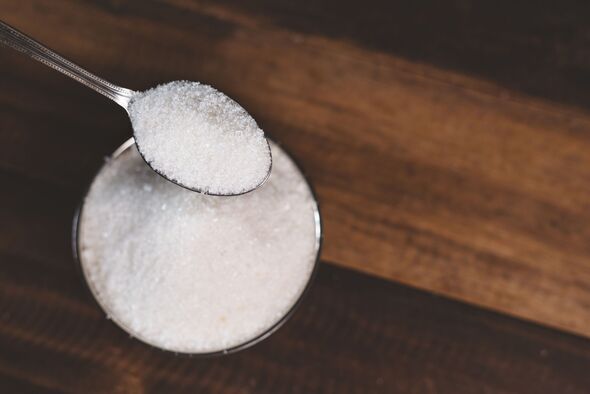

A doctor has revealed nine food items that contain more added sugar than you might think and shared some of the health risks of eating too much.
As part of Sugar Awareness Week, Dr Rupy Aujla shared on the @doctors_kitchen page that "most adults and children eat about 17 teaspoons of added sugar a day." This is over twice the maximum recommended daily intake in the UK.
He explained that a diet high in added sugar can lead to unwanted gain. "Over 30 years, higher sugar intake was linked to gaining 2.3kg more weight and a 2.2cm larger waistline, alongside increased risks of obesity [...] and abdominal obesity," he said.
But weight gain isn't the only risk. High sugar intake can also contribute to non-alcoholic fatty liver disease (NAFLD), high blood pressure, gut issues, and even poor mental health.
While ditching soft drinks and biscuits might seem like a good start, it may not be enough due to hidden sugars. Here are nine foods to watch out for, along with healthier alternatives.
BreadBread, particularly processed white breads, often contain high amounts of sugar and lack the wheat grain found in whole wheat or other varieties of bread.
When purchasing bread, it's worth taking a moment to scan the ingredients list. Not all loaves are laced with added sugar, and making your own ensures you know exactly how much sweetener is in your food.
CondimentsSauces such as ketchup, barbecue sauce, and sriracha are notorious for their high sugar content. With around 5g of sugar per tablespoon, regular consumption can quickly add up.
Consider exploring sugar-free alternatives, skipping them entirely, or even creating your own. TikToker @_fromtheground offers a recipe for homemade, sugar-free ketchup.
Salad dressingsSalad dressings often contain sugar to counteract the sharpness of vinegar. However, creating your own sugar-free dressing is simple: mix two parts olive oil with one part balsamic vinegar, season with salt and pepper, and drizzle over your salad.
Additions like mustard, garlic, or a touch of natural sweetener like honey can personalise your dressing.
SoupMany shop-bought soups, similar to ready meals, are high in sugar. Making soup at home is straightforward, and with countless recipes available online, you're bound to find one that tickles your taste buds.
If you're opting for convenience, be sure to check the label for added sugar content and choose a lower-sugar option where possible.
Flavoured yoghurtYoghurt is frequently praised as a health food due to its high protein content and beneficial gut bacteria. However, it's crucial to avoid those laden with artificial flavourings.
Instead, opt for low-fat Greek yoghurt or plain yoghurt, adding your own fruit or honey for sweetness if desired.
CerealCereal is another breakfast item often high in sugar, including seemingly healthy options like store-bought granola. Dr Aujla suggests replacing cereal with oats, such as porridge, topped with fruits, nuts and seeds, or opting for a savoury breakfast.
Fruit juiceFruit juices can contain up to 23g of sugar per cup. While they can be nutritious, it's important to choose brands without added sugar.
Peanut butterNut butters are undeniably tasty, but more processed versions can be packed with added sugar, salt and E-numbers.
Opt for brands using natural ingredients with minimal sugar.
Sports drinksIt's no shock that sports drinks are sugar-laden.
For an energy boost, consider a sugar-free coffee, or even snack on cucumber.